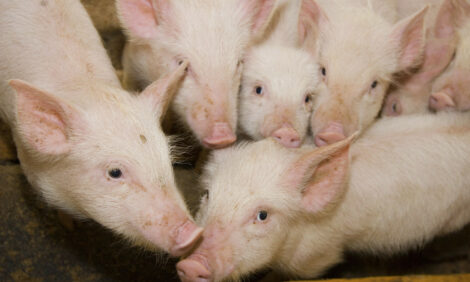



Factors Influencing Ease of Trade on the CME
CANADA - Research conducted by the Universities of Manitoba and Illinois has found a range of factors will influence the ease with which lean hog and live cattle futures contracts are bought or sold on the Chicago Mercantile Exchange, writes Bruce Cochrane.The University of Manitoba and the University of Illinois have completed a study in which researchers analyzed lean hog and live cattle futures contracts traded on the Chicago Mercantile exchange from 2005 to 2008.
Scientists tracked volume, or the number of transactions completed daily including the number of contracts per transaction, and measured price volatility looking at seasonality, transactions according to day of the week, expiration of contracts and the influence of electronic trading.
Dr. Julieta Frank, an assistant professor with University of Manitoba's Faculty of Agricultural and Food Sciences, says the goal was to assess the effect of market liquidity on the ease with which futures contracts are traded.
Dr. Julieta Frank-University of Manitoba
Basically our findings suggest that it's the volume and the volatility that mainly explain the changes over time of liquidity.
We also find some interesting information, especially for cattle markets.
We find that the day of the week where the transactions are performed also play some role, especially Mondays and Tuesdays are the days where liquidity is more affected.
We also find a slight effect of the proportion of electronic trading.
Electronic trading has been increasing over the later period of our data and it does play a role, especially in cattle, on the liquidity.
Dr. Frank expects the information to be used by decision makers to tune up their marketing strategies and identify the best periods to buy or sell contracts.








